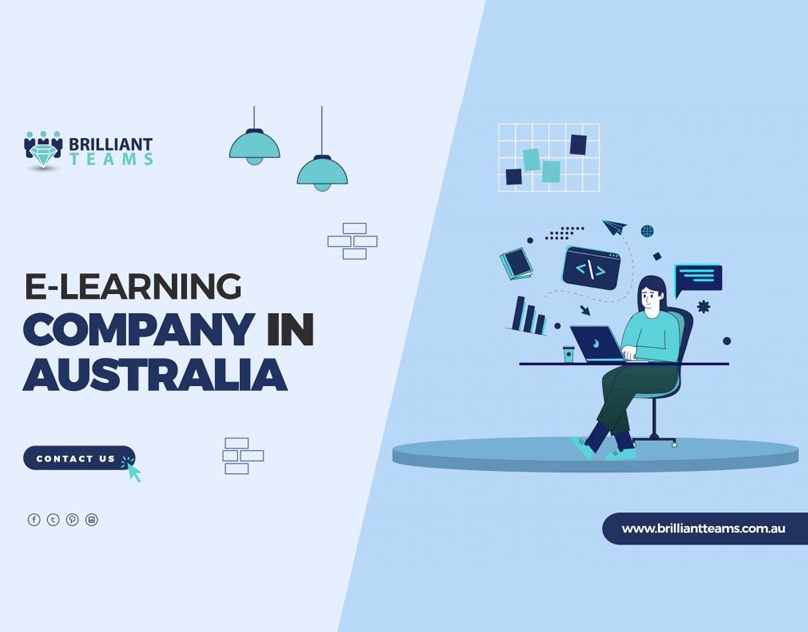Learn how to convert PowerPoint to eLearning with our comprehensive step-by-step guide. Create engaging online courses for effective learning outcomes. Expert tips for a seamless and impactful conversion process.
In today's fast-paced digital landscape, the need to adapt and evolve is paramount for businesses to remain competitive and relevant. One essential aspect of this evolution is the conversion of legacy content. Legacy content, often comprising outdated formats, technologies, or platforms, can pose challenges in terms of accessibility, usability, and compatibility. However, by embracing the process of legacy content conversion, organizations can unlock a plethora of benefits that not only enhance their operations but also contribute to a more sustainable and adaptable future.
### 1. **Preservation of Knowledge:**
Legacy content often holds valuable information, historical data, and accumulated knowledge. By converting this content into modern, digital formats, organizations can ensure the preservation of their intellectual assets. This not only facilitates easier access for employees but also helps maintain a comprehensive organizational memory that can aid decision-making and future endeavors.
### 2. **Enhanced Accessibility:**
Outdated formats and platforms can create barriers to accessing content, especially for individuals using newer devices or technologies. Legacy content conversion makes content accessible across various devices and platforms, ensuring that information reaches a wider audience. This inclusivity can improve user experiences and engagement.
### 3. **Cost Savings:**
Maintaining and supporting legacy systems can be costly due to the need for specialized skills and resources. By converting legacy content into modern formats, organizations can reduce expenses associated with maintaining outdated technologies. Additionally, streamlined access and improved search capabilities can decrease the time employees spend searching for information, leading to increased productivity.
### 4. **Searchability and Discoverability:**
Legacy content conversion often involves digitizing and organizing content in a structured manner. This process enhances the searchability and discoverability of information. Advanced metadata tagging and indexing enable users to locate specific content quickly, fostering efficient knowledge sharing and collaboration.
### 5. **Compatibility and Future-Proofing:**
As technology continues to evolve, older formats and systems can become obsolete. Legacy content conversion involves migrating content to contemporary formats and platforms, ensuring compatibility with modern tools. This future-proofs content, allowing organizations to adapt seamlessly to technological advancements.
### 6. **Environmental Sustainability:**
Digitizing legacy content can significantly reduce the need for physical storage and printing, contributing to environmental sustainability. By minimizing paper usage and associated resources, organizations can lower their carbon footprint and embrace greener practices.
### 7. **Legal and Compliance Requirements:**
Certain industries are subject to regulations that mandate data retention and accessibility. Legacy content conversion can assist organizations in meeting legal and compliance requirements. By converting and securely storing content, businesses can avoid penalties and legal complications.
### 8. **Efficient Collaboration:**
Modern workplaces thrive on collaboration and remote work. Converting legacy content makes it easier for teams to collaborate, even when working from different locations. Digital content can be shared, edited, and commented on in real time, fostering teamwork and innovation.
### 9. **Improved User Experience:**
User expectations have evolved with the rise of user-friendly interfaces and intuitive navigation. Legacy content conversion often involves revamping user interfaces, resulting in a more engaging and pleasant user experience. This can lead to increased user satisfaction and engagement.
### 10. **Competitive Advantage:**
Adopting legacy content conversion as a strategic initiative showcases an organization's commitment to innovation and adaptability. This can give businesses a competitive edge by demonstrating their ability to embrace change and leverage technology for growth.
In conclusion, the benefits of legacy content conversion are numerous and far-reaching. From preserving invaluable knowledge to reducing costs, enhancing accessibility, and positioning organizations for a tech-driven future, the advantages are clear. By embarking on the journey of legacy content conversion, businesses can not only unlock immediate efficiencies but also set the stage for a more sustainable and agile future.


No comments yet